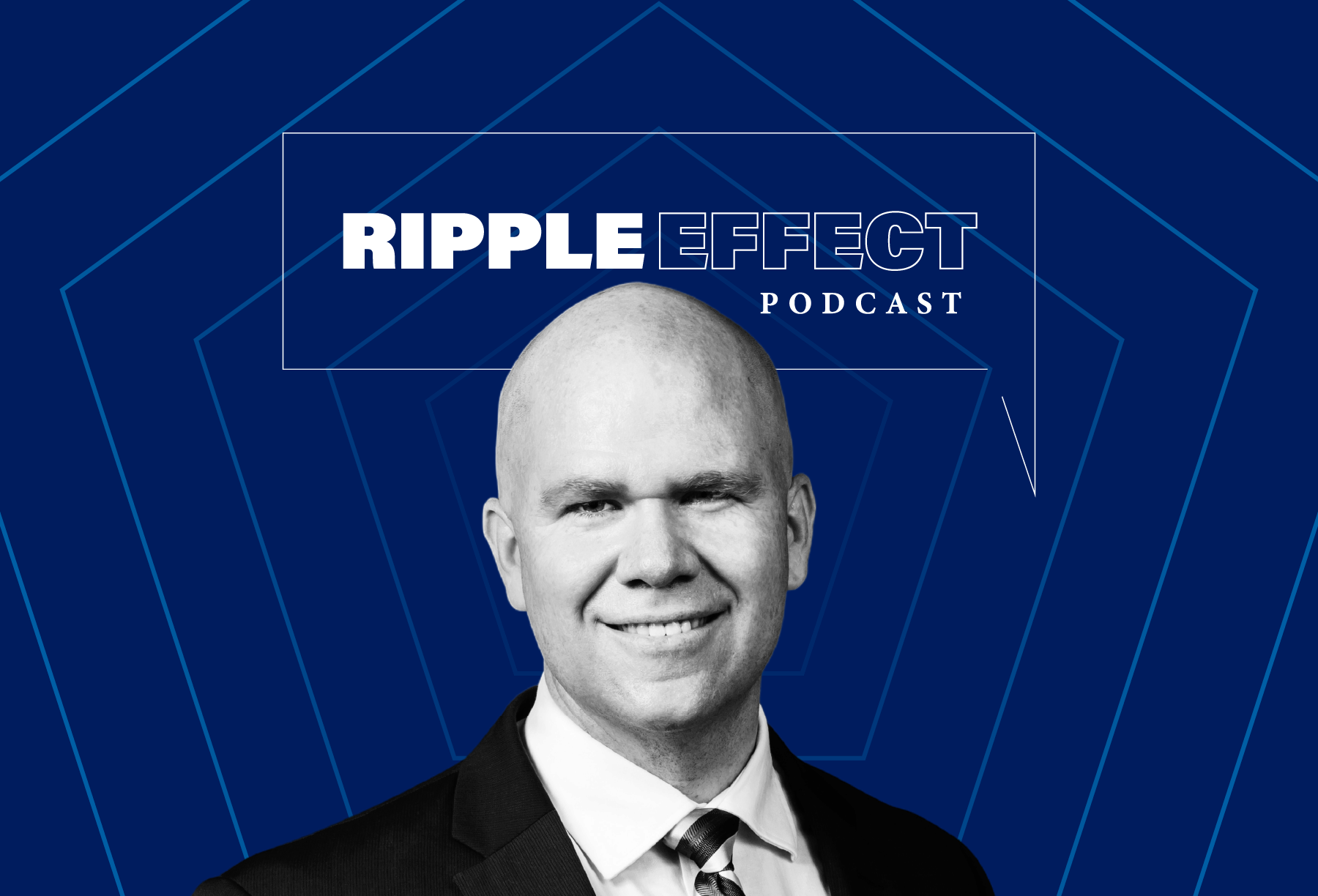Apple Fifth Avenue Store and Trade Policy Impact on Finances
The Apple Fifth Avenue store in New York, U.S., stands as a symbol of the tech giant’s promise to hire 20,000 new workers and produce AI servers domestically. This move comes amid the ongoing shifts in U.S. trade policy under the Trump administration, which has implemented tariffs on goods imported from China. With a recent pause on reciprocal tariffs for certain countries, consumers are bracing for the inevitable strain of higher costs and economic downturns.
Consumer Concerns Amid Trade Policies
A recent NerdWallet survey reveals that 85% of Americans express concerns about tariffs’ effects, with a majority fearing they will struggle to afford necessities and that the nation’s economy might slip into recession. This sentiment is echoed in the University of Michigan’s consumer survey, indicating a drastic drop in consumer confidence, falling over 30% since December due to persistent worries about trade wars.
Key Findings
- Tariffs are estimated to cost the average household $3,800 annually, according to the Budget Lab at Yale University.
- 45% of surveyed individuals plan to cut spending on non-necessities.
- 33% intend to reduce expenses on necessities, while 30% aim to boost their emergency savings.
- Only 14% expect to pay down less debt.
Despite the pause in tariffs, the financial strain is already palpable. Many Americans find themselves grappling with increased grocery and essential costs, pushing them to alter their spending habits. Kimberly Palmer, a personal finance expert at NerdWallet, highlights how these tariffs exacerbate existing financial challenges.
Financial Expert Insights
Stephen Kates, a certified financial planner and financial analyst at Bankrate, advises consumers to focus on building emergency savings as their top priority. “Start with the emergency fund if you have nothing saved,” he recommends, suggesting at least one to three months of essential expenses should be set aside. For individuals with significant debt, Kates believes prioritizing emergency savings remains crucial.
Planning Ahead
- Debt Avalanche Strategy: This involves paying off debts with the highest interest rates first, ensuring minimum payments on others, which helps free up household budgets.
- Retirement Planning: Consumers should contribute enough to secure any available employer matches to ensure long-term financial stability.
The overarching theme, Kates emphasizes, is for consumers to make strategic financial decisions in light of evolving economic pressures. As the impacts of tariffs continue to unfold, Americans are urged to remain vigilant and proactive in managing their finances.
Stay informed on more economic updates and personal finance strategies at fintechfilter.com.







